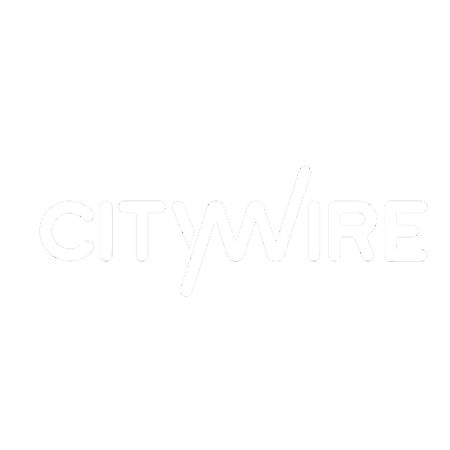Pavlina Pavlova is a Bulgarian-born entrepreneur and a non-profit activist currently living in Switzerland. Passionate about the circular future, she joined us in 2018 for a DDM Facilitators Training and most recently, for a live online workshop for our Business and Workplace Sustainability series.
We recently caught up with Pavlina to hear more about how her ventures are going and what she’s learning about circular solutions for the business world.
Encycled participating at a pitching session at the Unleash + acceleration program (personal archive) (Pavlina = fourth from the left)
Can you give us an introduction to yourself and your work?
Born and raised in Bulgaria, I moved to Switzerland for graduate studies, and several years later, I am still on a mission to explore every alpine valley in this beautiful country. Maybe being busy in the mountains is just an excuse, as I also find Swiss society and the innovation scene very inspiring.
With my academic background in climate, environmental impact and sustainability, I am convinced that the circular economy is the only future-fit framework to engage companies responsibly in resource efficiency and climate action.
An entrepreneur and a non-profit activist myself, I previously co-founded a circular venture and a non-profit organization. Bringing my experience from global innovation workshops and programs, for more than 2 years, I am part of the design and development of a Swiss circular economy business platform. In my everyday work, I support companies in getting involved in a circular economic future through disruptive collaboration and transformation.
Welcoming program participants in Impact Hub Zürich (photo from personal archive)
What motivated you to come to the UnSchool?
I have been following the UnSchool ever since I realized that university education equipped me with the knowledge to understand the problems, but not the skills to make a positive change in the world.
Considering the upcoming challenges in my engagement with the new circular economy platform, and thrilled about visiting the CO Project Farm’s Brain Spa, I joined the Facilitation Training in 2018. It provided me with some tools, but more importantly it unlocked a disruptive thinker mindset and a great network of like-minded people, which I could use in developing a multi-stakeholder initiative and facilitating innovation and systemic change through the years.
Inspired and empowered, I have been using many of the USschool approaches and formats, adapted to different settings like stakeholder meetings, client workshops or startup programs. It was thus a logical follow-up to subscribe to the UnMasters Certification track, in which I am currently still enrolled.
Although I am confident in the circular economy as a business strategy, I lack substantive knowledge on more general business sustainability issues and how they are embedded in big company's structures. I’m very curious to know more about the business ethics narrative and how it developed since I left university several years ago; for me, the new series of the UnSchool in Business and Workplace Sustainability is a must for all organizations.
Prototype of the first solar sauna worldwide, developed by Lytefire with upcycled materials one month after a brainstorming session at the Fideriser Heuberge (Credit: Urs Riggenbach)
Speaking of Sustainability in Business, what was your experience like taking THE live online workshop?
As usual when working with the UnSchool community, I experienced a great mix of cultures, backgrounds and expertise — from industrial representatives, to consultants and designers, some sitting in t-shirts and in humid climate in early morning time zones, while others are in sweaters in foggy autumn afternoons.
The Zoom classes with Leyla are a strange hybrid between the online video courses and the live workshops: you can’t slow down her speaking as she always suggests on the online courses, but you also can’t see her moving around all corners of the room like in analog life.
As if planned, the cutest Puppy, named likewise, is timely intervening to make the class a real-life experience. Both presenting and facilitating, Leyla managed to organize the class very interactively and to relate the topics to the different case studies of the participants.
Thus, we all gained some insights on the particular challenges in the luxury tourism business or the drinking water distribution business.
What was your biggest takeaway from that online training?
One of the key takeaways from the training is the how-to-guidance for a multi-level assessment and the prioritization of areas of impact, from product to experience to supporting the activation of a sustainability strategy.
In the view of how the pandemic and climate change demonstrate the limits of our society and economy, the key to a versatile and resilient economy of the future lies in the circular economy framework and decentralized closed-loop supply chains. To support these transitions, the Unschool provides data on increasing demand for sustainability leadership and climate policy frameworks.
The Green Revolution is knocking on the door, and the next few years provide a great opportunity to activate change for a climate-positive, socially equal future. As sustainability is becoming an indispensable component of advanced performance management of multinationals and corporate structures, the knowledge of company culture and decision making processes is crucial to those who want to lead the way.
Team brainstorming for a new offering (Credit: Leana Fischer)
What are the next steps you’ve got planned for your venture?
Equipped with the right reasoning and inspiration, and the amazing set of tools and knowledge bits I gained through the Sustainability in Business Sprint with the Unschool, I am currently working on an action plan with one of our customers on how to become carbon-neutral and truly circular, and looking forward to getting into its implementation.
As this chapter of my career is about to end soon, I am extremely grateful and energized about the opportunity to share the collected experience from engaging with Swiss entrepreneurs globally. In a collaboration with the biggest acceleration program for SDG ventures, I am currently developing a curriculum and running training with program managers from 24 countries across Africa, Asia, Latin America and the Balkans.
Not only is this international exchange so precious in times of physical isolation, but I feel so empowered about the speed these regions are gaining on developing circular solutions. With the energy and the capacities these economies have compared to Europe, I see the circular future closer and more tangible.
Following this, many new ideas and projects are shaping, including a circularity assessment tool, a circular design platform and/or a podcast. I am always looking for new companies who are willing to transform their business model or are curious to take upon new challenges.
Drop me a line — I am curious to hear from you.
